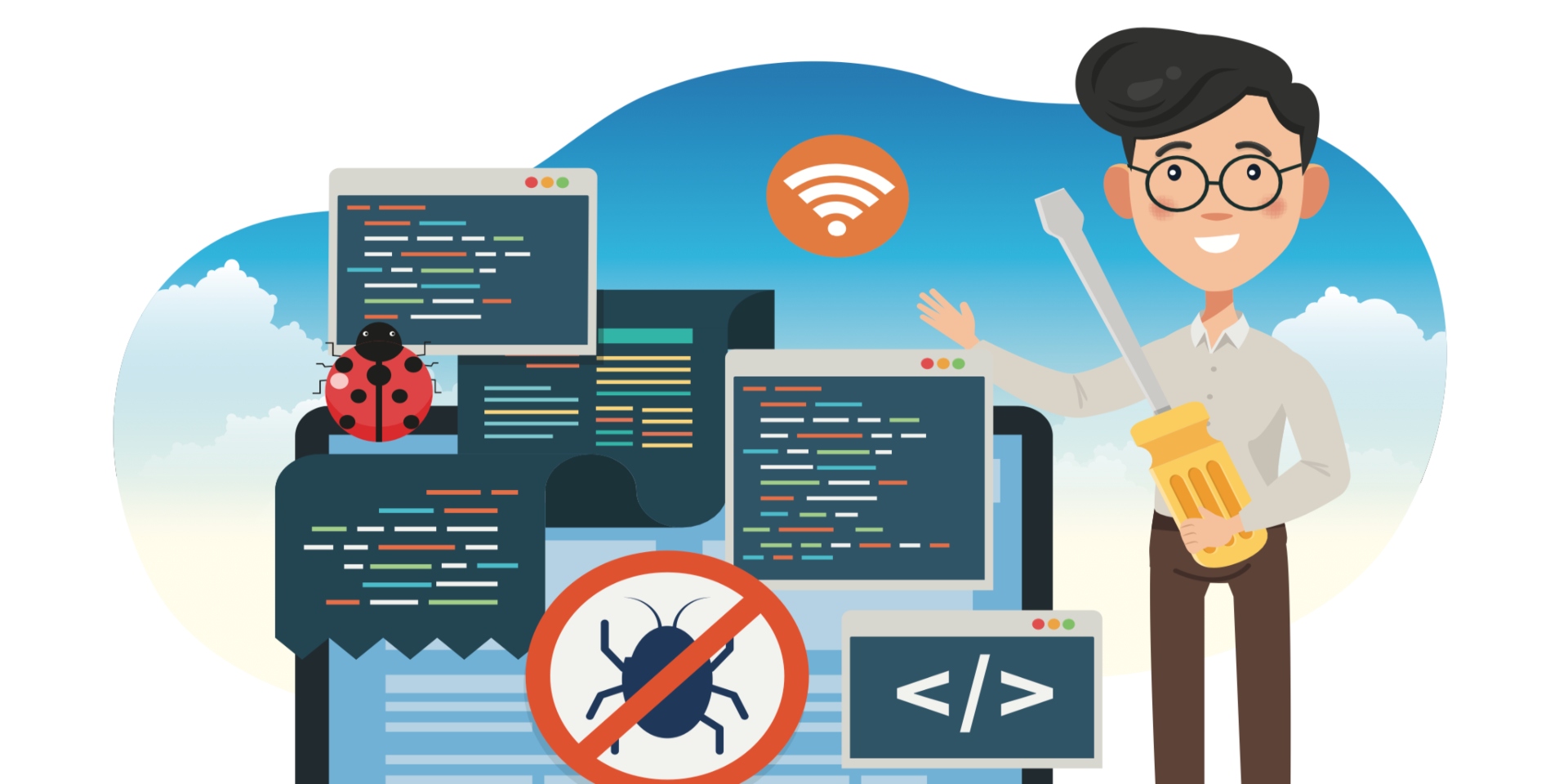We often hear the word "hacker" and automatically think of something bad or evil. Someone with the wrong intentions that plans to compromise some network or get into a cyberspace where they have no access to in order to obtain information. However, a hacker does not necessarily imply some bad action. According to its definition, hackers are those expert people with advanced IT knowledge and capable of accessing systems or devices to carry out modifications from the inside, aimed in most cases at IT security and technics developement for their improvement.
Although it is true that the most famous hackers are those that worked for the dark side, on the good side there are also hackers working and that is what they call "ethic hacking", which has as a goal to use said IT knowledge to improve an organization's security.
Throughout the history of IT, different attacks have taken place by "the bad guys" who have caused great damage, both to particulars and companies.
As it happens, in 2020, the National Security Department of Foreign Affairs published the Annual Report of National Security, where it detailed how the National Encryption Center (CCN), had managed a total of 42.997 incidents in cyberspace and the CERT of the National Institute of Cibersecurity (INCIBE) more than 107.397.
Given the risks that suffering such an attack may entail, companies work restlessly to look for solid and effective strategies with wich to protect their systems and networks.
What are ethic hackers?
If on one side of the balance we have hackers with malicious purposes, on the other side we have those who use their knowledge and training to help companies detect their vulnerabilities and weaknesses.
So, those who devote themselves to ethic hacking, also known as the "white hat hackers" proceed to carry out different penetration tests, or pentesting, to assess the efficiency of the security systems. Once the test is done, they proceed to detail everything in a full report and solve problems or uncertainties they might have found. This is no doubt one of the main weapons against cybercriminals.
Whitehat hackers are those who make their knowledge available for companies to help them prevent risks
The other hackers
As we saw, there are different tipes of hackers. On the one hand there is the cybercriminals, also known as "black hats". In this case they hack targets with the purpose of benefiting and making a profit, charging the data ransom or causing serious damage to a company.
On the other hand there's the ethic hackers or white hats, who work in favor of improving the security of companies.
Kind of in the middle you find the gray hat hackers. Experts on the field that work with different operation types, of questionable legality and they even offer their services to governments or intelligence services.
Do companies need self hacking?
Today security is the highest priority for any company. No business is free from becoming the victim of a hack or a breach. Although companies often use security packages, you're never 100% safe and processes must be updated.
Therefore and particularly if you work with sensitive or important information, it is highly advisable to invest some extra money and carry out a penetration test to make sure that your company's security is as high as possible. It is no doubt a great commercial strategy to prevent any disasters from happening.




